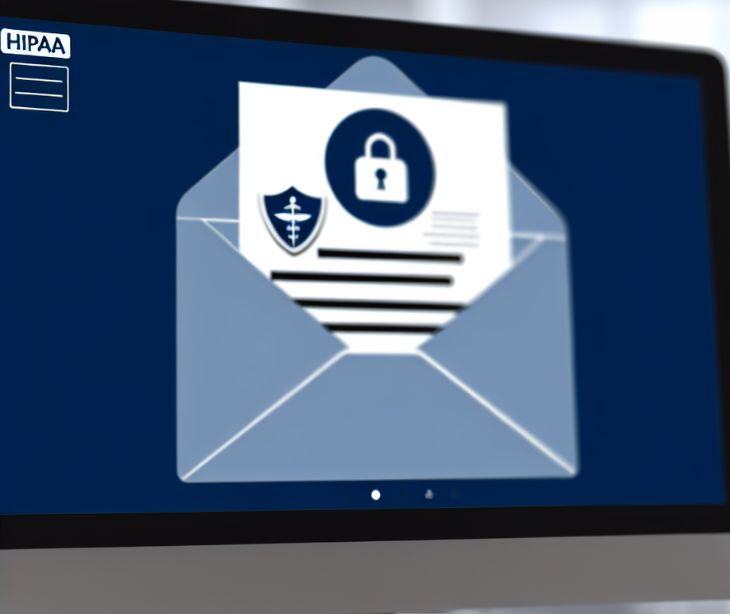2 min read
The intersection of ICD coding and HIPAA compliant forms
Caitlin Anthoney August 10, 2024

Integrating ICD codes with HIPAA compliant forms helps ensure accurate and consistent documentation, reducing the risk of errors and potential compliance issues.
What are ICD codes?
ICD codes are used worldwide to classify diseases and health conditions systematically. It is a standardized language that helps healthcare providers communicate efficiently and ensures consistency across the industry.
According to the American Hospital Association (AHA), ICD codes “are the HIPAA code set standards for hospital reporting of diagnosis and procedures. These coding systems serve an important function for hospital payments, quality reviews, benchmarking measurement, and the collection of general medical statistical data.”
However, ICD codes alone do not address these broader privacy and security requirements outlined in the Health Insurance Portability and Accountability Act (HIPAA). So, providers must use HIPAA compliant forms to safeguard protected health information (PHI).
HIPAA compliant forms and ICD codes
Protecting patient privacy
Even with ICD codes in place, providers must protect sensitive health information. HIPAA compliant forms, like Paubox, offer encryption to protect PHI during transit and rest. Additionally, these forms offer access controls and authentication measures to protect PHI.
Improving data management
ICD coding systems provide a framework for classifying health conditions but they do not cover patient data management.
HIPAA compliant forms ensure that all aspects of patient information, including consent forms, authorization documents, and patient history are managed according to regulatory requirements.
Furthermore, they help providers maintain accurate and up-to-date records for each patient. So, providers can streamline their billing processes for more efficient healthcare operations.
Meeting legal requirements
HIPAA regulations are enforced by the Office for Civil Rights (OCR), and non-compliance can result in severe penalties, including fines and legal action. These penalties can range from financial fines to criminal charges, depending on the severity of the violation.
In addition to legal repercussions, non-compliance can severely damage an organization’s reputation, leading to loss of patient trust and a potential business downturn.
Ultimately, providers must use HIPAA compliant forms to avoid costly compliance issues.
Enhancing patient trust
Patients trust their healthcare providers with their most personal information. More specifically, research shows that HIPAA compliance improves patient trust. So, providers must use HIPAA compliant forms to enhance trust and promote a positive patient-provider relationship.
Go deeper: How HIPAA compliance improves patient trust
FAQs
Who must comply with HIPAA?
HIPAA applies to healthcare providers, health plans, healthcare clearinghouses, and business associates that handle protected health information (PHI).
What is protected health information (PHI)?
PHI includes any information related to a person's health status, healthcare, or payment for healthcare that can be linked to an individual, such as names, addresses, birthdates, and medical records.
Do all patient forms need to be HIPAA compliant?
Yes, any form that collects, stores, or transmits PHI must be HIPAA-compliant to protect patient privacy.
Subscribe to Paubox Weekly
Every Friday we'll bring you the most important news from Paubox. Our aim is to make you smarter, faster.




